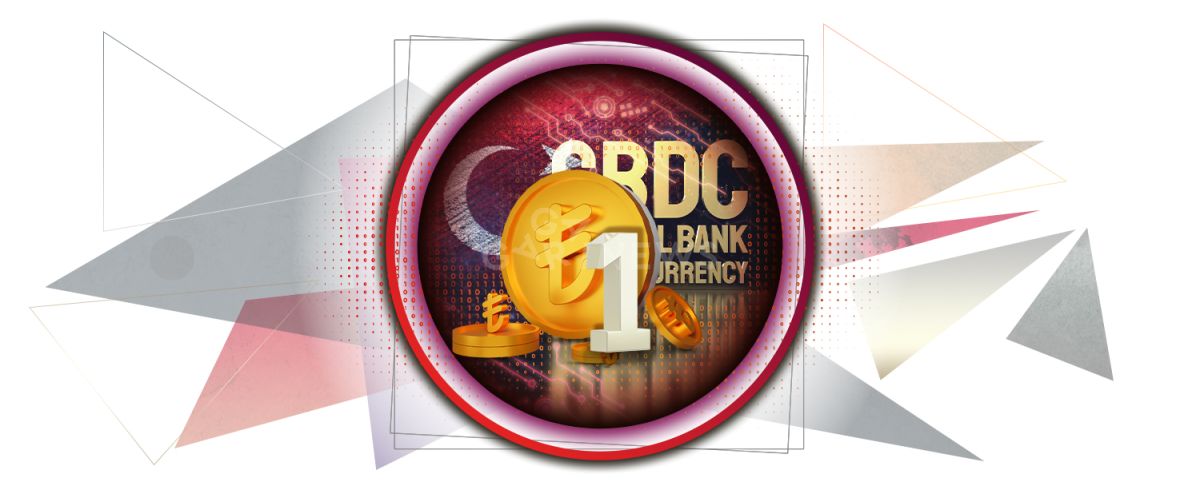Turkey has conducted the first series of digital lira tests

The Central Bank of Turkey (CBRT) continues its pilot study of the Digital Turkish Lira (CBDC) project. In a press release on December 29, the bank announced that it had completed its first experiment tests.
On this page
According to the published document, CBRT has successfully completed the first digital lira payment transactions. In the first quarter of 2023, the regulator will proceed to the next stage of closed-circuit tests with the participation of the interested fintech segment representatives.
“Findings obtained from these tests will be shared with the public via a comprehensive evaluation report,” reads the press release.
Also, in 2023, the Central Bank plans to popularize the digital lira among financial technology companies. To this end, CBRT will launch expanded pilot studies involving many participants.
In addition to testing CBDC, the regulator will continue testing distributed ledger technologies in payment systems, with their subsequent integration into instant payment systems. In the category of priority research in 2023, the bank also includes the definition of the economic and legal framework and technological requirements of its own digital currency.
The digital lira is one of the instruments that should create favorable conditions for the institutional sector of the economy and make Turkey an attractive region for financial transactions. The development of the CBDC project started in 2018.
The Turkish Lira Digital Cooperation Platform was established in September 2021. To pilot a digital currency, the Central Bank of Turkey partnered with the leader of the Turkish defense industry ASELSAN, the manufacturer of electronic equipment and software HAVELSAN, and the informatics and information security research center TÜBİTAK BİLGEM.
In addition to Turkey, Hong Kong, China, Jamaica, and Canada are also working on their own CBDC. And Nigeria launched the country's digital currency eNaira in 2021. However, it recently admitted the complete project failure.
The content on The Coinomist is for informational purposes only and should not be interpreted as financial advice. While we strive to provide accurate and up-to-date information, we do not guarantee the accuracy, completeness, or reliability of any content. Neither we accept liability for any errors or omissions in the information provided or for any financial losses incurred as a result of relying on this information. Actions based on this content are at your own risk. Always do your own research and consult a professional. See our Terms, Privacy Policy, and Disclaimers for more details.


























